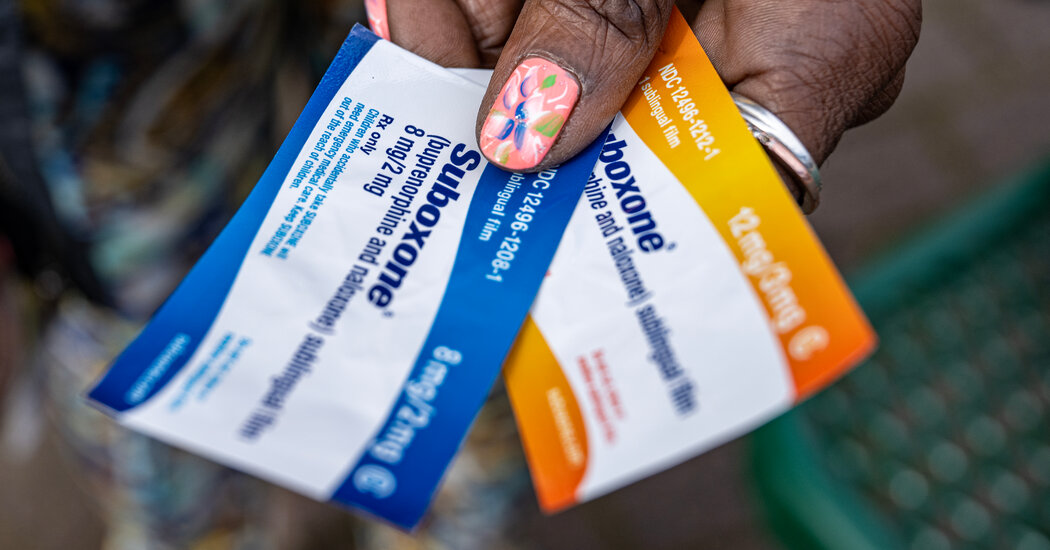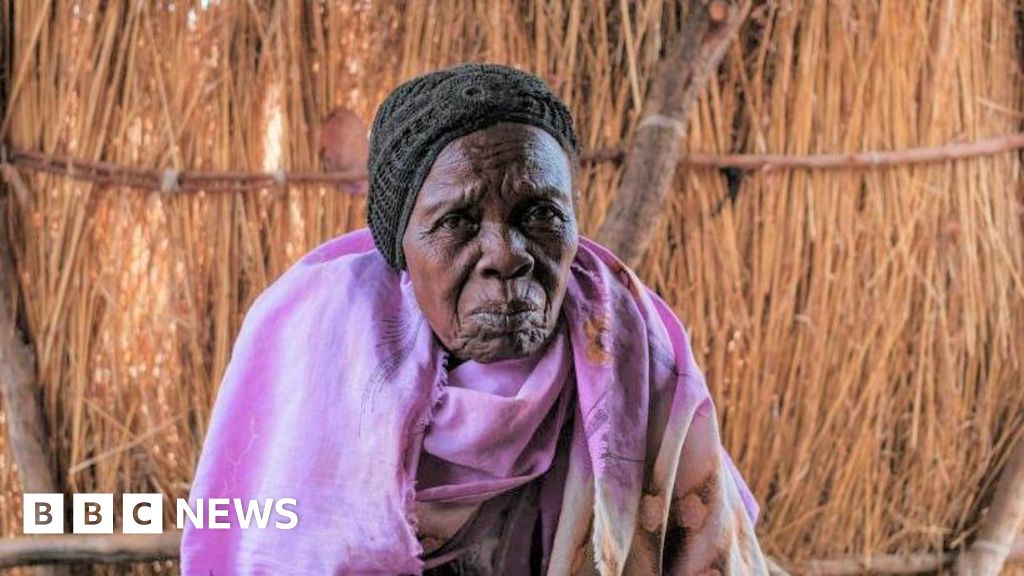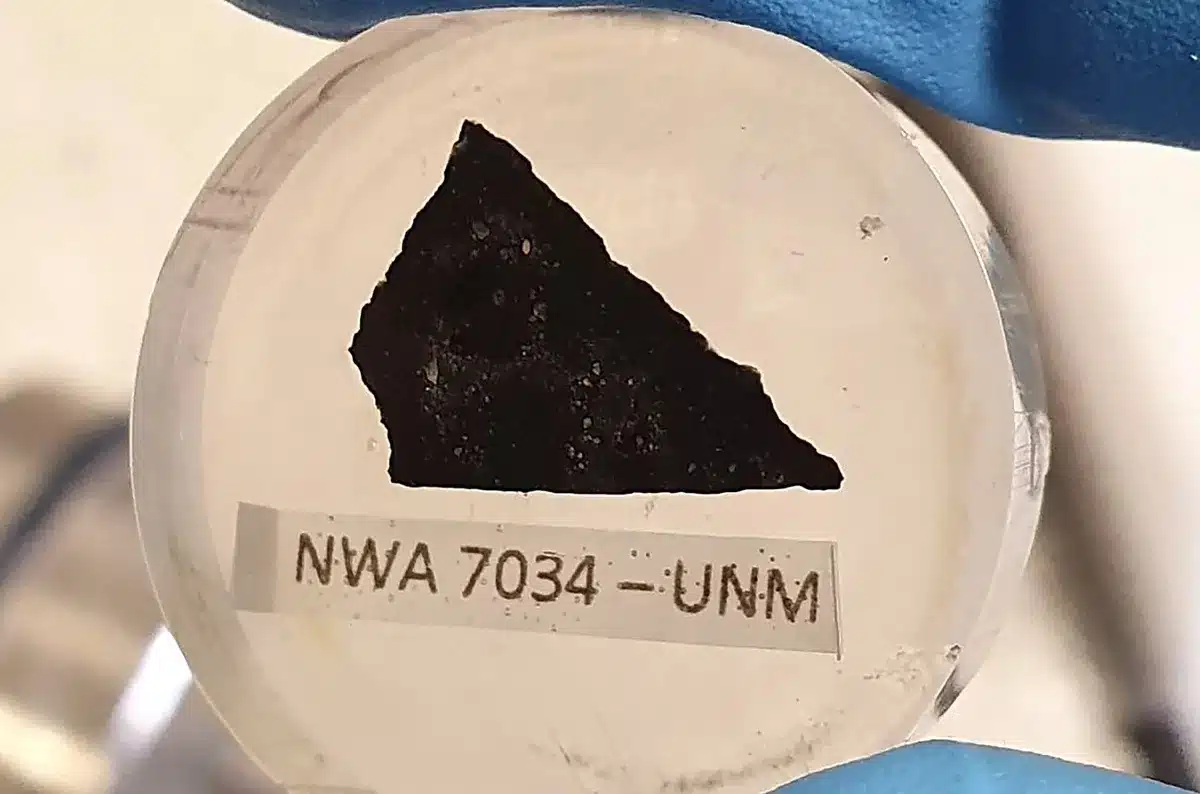A recent study found that one of the most effective treatments for opioid addiction is not being prescribed enough in the United States, especially for Black patients. Buprenorphine, the gold standard in opioid addiction treatment, was prescribed to just over 20% of patients diagnosed with opioid use disorder from 2016 to 2019, despite repeated visits to healthcare providers.
Furthermore, within six months of a high-risk event like an overdose, white patients filled buprenorphine prescriptions up to 80% more often than Black patients and up to 25% more often than Latino patients, suggesting racial disparities in access to treatment. Rates of use for methadone, another effective treatment, were even lower.
According to Dr. Michael L. Barnett, the lead author and associate professor at the Harvard T.H. Chan School of Public Health, access to medical care does not necessarily explain the disparity in treatment. Instead, racial differences in patient trust and demand for buprenorphine and where people of color receive their healthcare may be responsible.
The study examined claims filed through Medicare’s disability program for prescriptions of addiction treatment drugs, including buprenorphine and methadone. However, far fewer prescriptions were being written than needed across all racial groups. Only 12.7% of Black patients received any buprenorphine in the six months after the precipitating event, compared with 18.7% of Latino patients and 23.3% of white patients.
Nearly a quarter of the patients filled prescriptions for opioid painkillers, despite already indicating a dependence on opioids during encounters with doctors. Patients also filled prescriptions at higher rates for medications known to be life-threatening for people addicted to opioids, including painkillers and anti-anxiety drugs, than for the lifesaving addiction medicines.
Experts on health equity research viewed the findings as a worrisome reflection of failures throughout the American health system. They emphasized the need for better supports for patients and clinicians caring for them to ensure that preventable deaths due to addiction are averted.







/cdn.vox-cdn.com/uploads/chorus_asset/file/25752946/1183652392.jpg)






